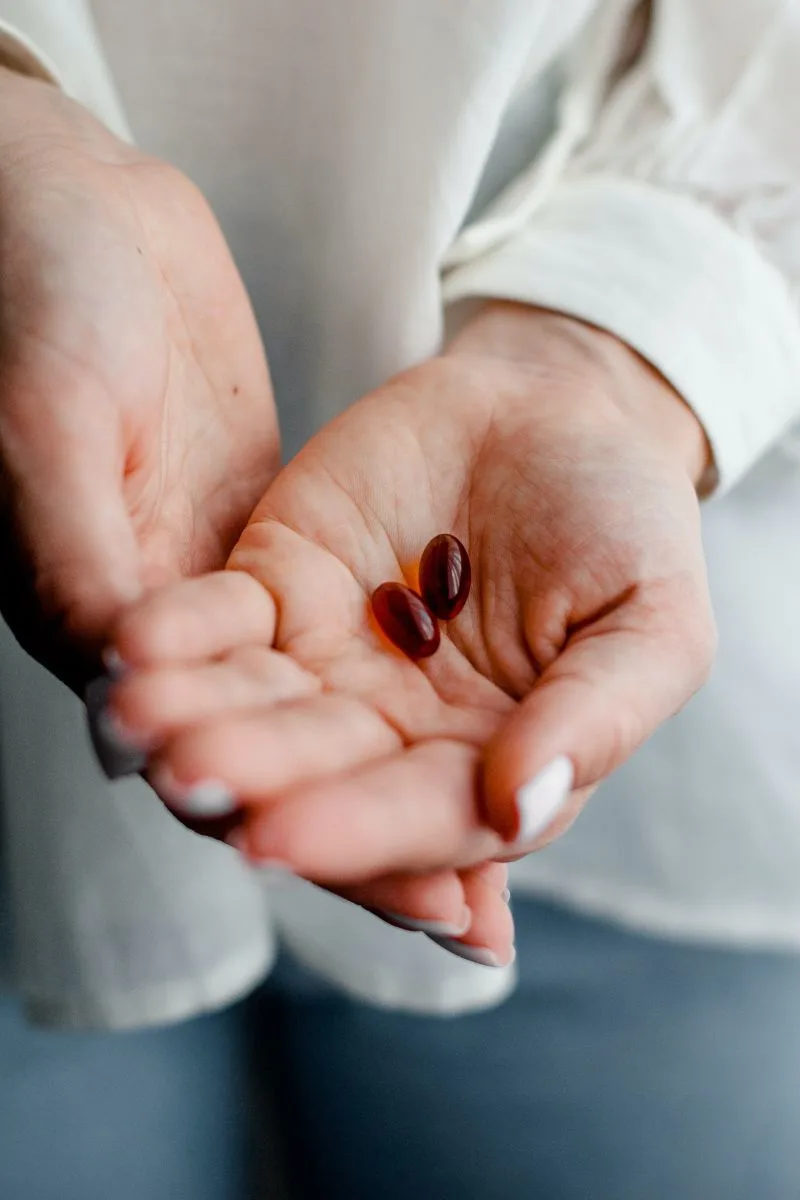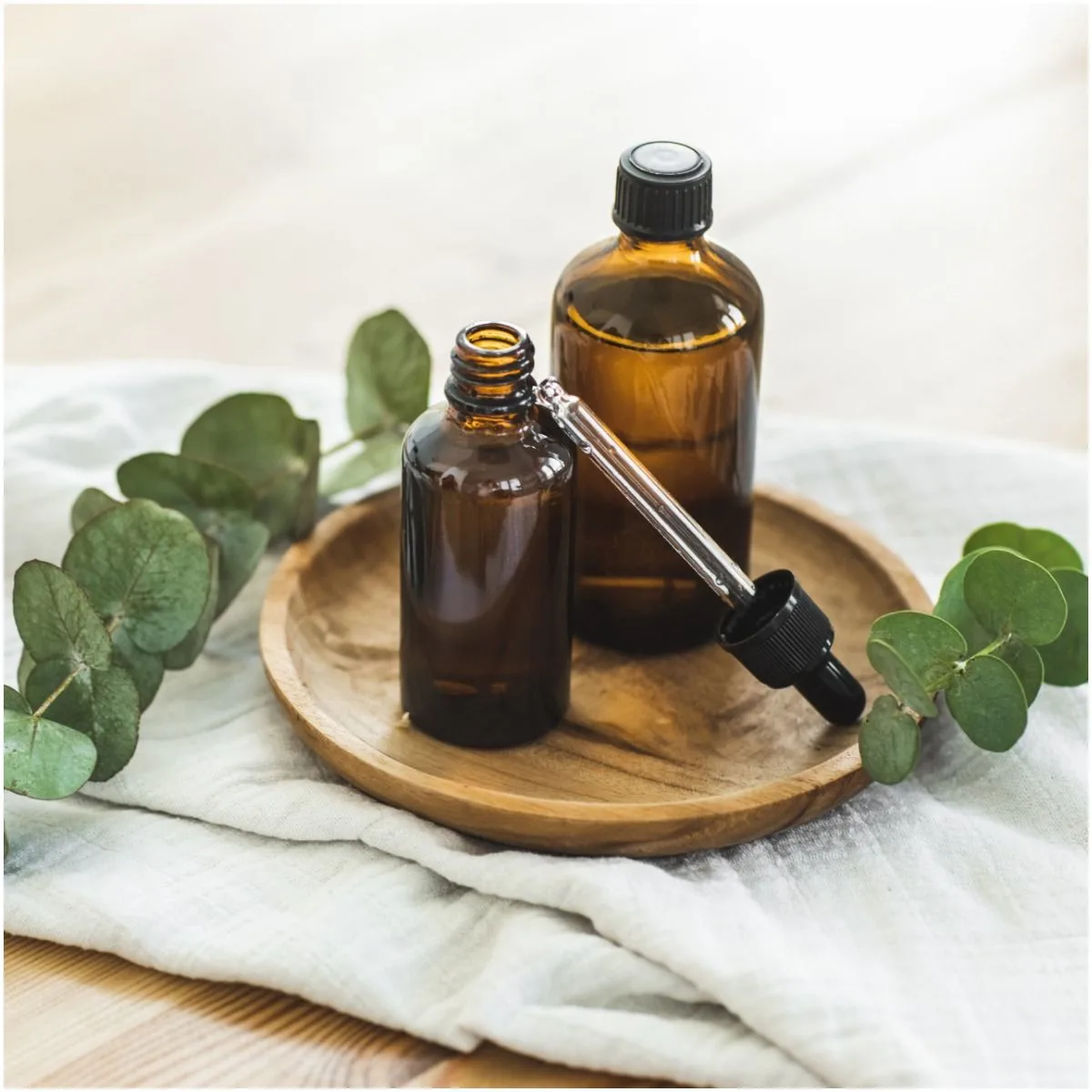This article reveals the differences between Delsym and Robitussin. Is Delsym better than Robitussin?
Delsym 12 Hr Cough Relief
It is a cough medicine whose main ingredient is dextromethorphan, a synthetic, nonnarcotic, centrally acting cough suppressant that has been available without a prescription in the US since 1958.
Dextromethorphan belongs to a group of medications called antitussives (cough suppressants). This drug has a cough-suppressing effect which is similar to opiates, however, it does not produce the notable effects on the CNS as opiates do.
Ingredients
Inactive ingredients:
- Xanthan Gum;
- Tragacanth;
- Sucrose;
- Purified Water;
- Propylparaben;
- Propylene Glycol;
- Polysorbate 80;
- Polyethylene Glycol 3350;
- Partially Hydrogenated Vegetable Oil (Soybean, Cottonseed);
- Methylparaben;
- High Fructose Corn Syrup;
- FD&C Yellow No. 6, Flavor;
- Ethylcellulose;
- Edetate Disodium;
- Citric Acid.
Active ingredient – Dextromethorphan Polistirex.
Robitussin Extended-Release 12-Hour Cough Relief
This medication’s main ingredient is called dextromethorphan and is used for temporarily treating a cough.
Ingredients
Inactive ingredients:
- Xanthan Gum;
- Triacetin;
- Tragacanth Gum;
- Tartaric Acid;
- Sucrose;
- Sodium Polystyrene Sulfonate;
- Sodium Metabisulfite;
- Purified Water;
- Propylparaben;
- Povidone;
- Polyvinyl Acetate;
- Polysorbate 80;
- Methylparaben;
- High Fructose Corn Syrup;
- Glycerin;
- Flavor;
- D&C Red No. 30, FD&C Blue No. 1.
Active ingredient – Dextromethorphan Polistirex.
Uses

Both medicines are used to treat a cough caused by a minor bronchial and throat irritation.
Mechanism of Action
Both work by affecting the signals in the brain that trigger the cough reflex.
Side Effects
Delsym
Possible side effects include:
- hallucinations;
- swelling of your face, lips, tongue, or throat;
- shallow breathing;
- difficulty breathing;
- stomach upset;
- nervousness;
- hives;
- confusion.
Robitussin
Possible side effects include:
- nervousness;
- nausea;
- confusion;
- vomiting;
- sedation;
- constipation;
- dizziness;
- drowsiness.
Dosage
The recommended dose for children 12 years and older of Delsym is 10 to 20 mg PO every 4 hours as needed. The maximum dose is 120 mg per day.
The recommended dose for children 12 years and older of Robitussin is 10ml every 12 hours. The maximum dose is 20ml in a 24-hour period.
Abuse
Although dextromethorphan is safe and effective in the recommended dosage, at a higher dose, it can produce euphoria, dissociation, and hallucinations. Symptoms of overdose can include:
- unusual nervousness, restlessness, excitement, or irritability;
- blurred vision;
- slowed breathing;
- confusion;
- shakiness and unsteady walk;
- difficulty in urination;
- vomiting;
- nausea;
- dizziness;
- drowsiness.
Warnings & Precautions
Do not give these cough medications to children less than 6 years old. Also, do not take any of them if you:
- have respiratory depression;
- are taking monoamine oxidase inhibitors, such as – selegiline, moclobemide, and tranylcypromine;
- are allergic to any of the ingredients of the cough medicine.
Moreover, talk to your healthcare provider if you have:
- a cough that occurs with too much phlegm;
- a chronic cough that occurs with asthma, smoking, or emphysema (a lung condition that is part of the chronic obstructive pulmonary disease).
Note
The active ingredient in these medications is mainly metabolized by the liver; therefore, the use of these medications by patients with hepatic impairment should be avoided.
ALSO READ: Monistat vs Diflucan
Drug Interactions
Delsym
It may interact in a negative way with the following medications:
- Zoloft (sertraline);
- Adderall (a brand name medication that is used to treat narcolepsy and ADHD);
- Benadryl (diphenhydramine);
- codeine (an opiate that is used to treat mild to moderate degrees of pain);
- Xanax (alprazolam);
- Cymbalta (duloxetine);
- diphenhydramine;
- quinidine (a pharmaceutical agent which acts as a class I antiarrhythmic agent in the heart);
- Lexapro (escitalopram);
- Lyrica (pregabalin).
Robitussin
It may interact in a negative way with the following medications:
- Tranylcypromine (Parnate);
- Isocarboxazid (Marplan);
- Procarbazine (an anti-cancer chemotherapy drug);
- Selegiline (Emsam);
- Manerix (Moclobemide);
- Rasagiline (an irreversible inhibitor of monoamine oxidase-B that is used to treat symptoms in early Parkinson’s disease);
- Phenelzine (Nardil).
Alcohol
Combining dextromethorphan with alcoholic drinks may increase the risk of vomiting, dizziness, and nausea. In rare cases, it can lead to respiratory failure.
Is It Safe During Pregnancy or Breastfeeding?
Pregnant and breastfeeding women should avoid medications that contain dextromethorphan.
Bottom Line – Delsym vs Robitussin
Both cough medicines have the main ingredient – dextromethorphan – a cough suppressant that works by decreasing the feeling of needing to cough. Their differences rely upon the brand name, inactive ingredients, and price (Robitussin is about 40 percent cheaper).
ALSO READ: Oxymetazoline vs Phenylephrine
11 Best Natural Cough Remedies
#1 Garlic
The bioactive chemicals in garlic have potent antibacterial activity against harmful bacteria, both gram-negative and gram-positive.
#2 Bromelain
Bromelain is an enzyme that is found in pineapple juice and in the pineapple stem. There is evidence to suggest that this enzyme can help loosen the mucus in the throat and suppress coughs.
#3 Marshmallow Root
Herbal cough syrups, which contain marshmallow root, are effective in relieving coughs resulting from respiratory tract infections and common colds, according to a 2005 study that was done at the University Hospital, Department of Complementary Medicine, Zurich, Switzerland.
#4 Eucalyptus Oil

This essential oil contains cineole, a compound with powerful antiseptic attributes. In addition, eucalyptus oil works as an expectorant, that helps to loosen the mucus.
#5 Peppermint Tea
The active ingredient in peppermint is menthol, a substance that may help the human body fight infections which may trigger fevers and coughs.
#6 Honey
Honey can relieve coughs more effectively than OTC medicines which contain dextromethorphan, according to a 2007 study done at the Department of Pediatrics, College of Medicine, Hershey, USA.
#7 Lemon Juice

It helps to loosen and clear phlegm. Plus, it is rich in vitamin C which gives strong immune-boosting properties.
ALSO READ: Clindamycin and Alcohol Intake
#8 Thyme Tea
Thyme contains cough-calming compounds which work to relax ileal and tracheal muscles and reduce inflammation in the body.
#9 Turmeric
The main active agent in turmeric is curcumin, which can fight both viruses and bacteria. Additionally, curcumin is beneficial in treating coughs caused by a respiratory tract and throat infections.
#10 Ginger
Ginger contains gingerol, a substance that has been proven in clinical studies to have anti-anti-oxidant and inflammatory properties which can help relieve a dry cough.
#11 Drink Plenty Of Fluids
Drinking liquids (especially water) at room temperature can alleviate a runny nose, cough, and sneezing.
Sources http://www.jabfm.org/content/19/3/320.full https://www.hindawi.com/journals/isrn/2013/546030/
